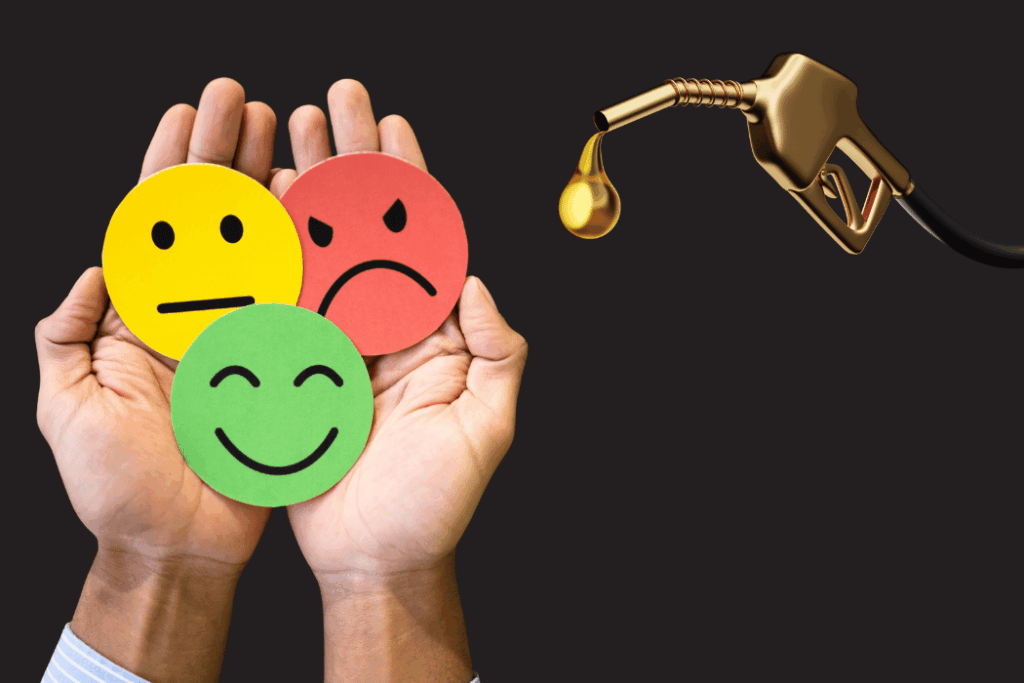
How Two Visionaries Are Reshaping Supplier Diversity
The story of the Ralph G. Moore and Associates (RGMA) Digital Suite begins not in a sleek corporate boardroom, but in a yard during the COVID-19 pandemic, with a lawnmower drowning out an important presentation. It’s a moment that Ralph G. Moore, founder and president of RGMA, remembers with a laugh—a perfect metaphor for the unexpected journey of two supplier diversity pioneers.
“We were trying to do a demo for potential clients,” Moore recalls. “And suddenly, the neighbor decides it’s time to cut the grass. It was like a scene from Saturday Night Live—nobody could hear a thing!”
This impromptu outdoor meeting captures the spirit of Moore and Reginald Layton’s partnership—resilient, innovative, and slightly unconventional. Their collaboration represents more than just a technological solution; it’s the culmination of decades of expertise in supplier diversity.
Moore, widely recognized as the “Godfather of Supplier Diversity” and the most prolific trainer of supplier diversity leaders in the world, has been refining his approach for over 30 years. Layton, RGMA’s chief technology officer, brought his own extensive experience from Johnson Controls, where he transformed supplier diversity from a modest $85 million program to a powerhouse generating nearly $2 billion in diverse spend.
“We’re like Socrates and Plato,” Moore says, only half-joking. “Thought leaders coming together to advance supplier diversity.”
Their digital suite isn’t just another software platform—it’s a comprehensive ecosystem born from 45 years of accumulated knowledge. “We’re taking RGMA from the silent movies to the talkies,” Moore explains. “Instead of old binders and manual training, we’re putting decades of expertise at our clients’ fingertips.”
RGMA digitized its supplier diversity playbook through the new digital suite, which leverages the company’s RGMA Five Levels of Supplier Diversity Maturity Model™. It features a set of tools for supplier diversity practitioners that accelerate the implementation of their programs.
Among the many tools in the RGMA Digital Suite is a digital dashboard that features a digital assessment and strategy tool that allows users to benchmark their supplier diversity programs’ processes against the RGMA Ten Components of World-Class Supplier Diversity Programs. These best practices determine a supplier diversity program’s ranking on the RGMA 5-Levels of Supplier Diversity Maturity Model™. The digital dashboard also develops tailored recommendations, provides rationales, delivers training resources, and determines a supplier diversity program’s ranking on the RGMA 5-Levels scale. It also creates a roadmap for program growth, provides e-learning opportunities, and more.
This approach is revolutionary in a landscape where supplier diversity is often reduced to a checkbox exercise. “Supplier diversity is not DEI,” Moore emphasizes repeatedly. “We have standards. We have best practices. We’re about operational excellence.”
Their timing couldn’t be more critical. With increasing political and economic uncertainties, diverse suppliers need robust support systems. “It helps diverse suppliers build capacity based on the implementation of best business practices,” Layton says.
A healthcare engagement perfectly illustrates their impact. “We demonstrated how supplier diversity directly influences social determinants of health,” Layton recalls. “While many organizations discuss health equity in boardrooms, we’re connecting it directly to community-level diverse supplier success.”
One of the components of their innovation is the Layton Value Compass, a strategic tool Layton developed during his time at Johnson Controls. “It’s like a navigation system for supplier relationships,” he explains. “Just as a compass tells you which direction to go, our tool helps organizations make strategic decisions about supplier partnerships.”
The digital suite’s genesis is as much a story of friendship and shared vision as it is of technological innovation. Their partnership began with a documentary Layton was producing on the history of supplier diversity, which featured Moore. This led to creating master class training videos and eventually developing the digital suite’s sophisticated algorithms.
“We’re not just selling a tool,” Layton says. “We’re providing a roadmap for diverse suppliers to build capacity, drive innovation, and compete on a global stage.”
Moore adds a broader perspective: “Look at the 2020 census. Most customer bases are now majority women, multiracial, or diverse. Corporations need to recognize that diversity isn’t just a moral imperative—it’s a business strategy.”
Their approach challenges traditional thinking. Instead of viewing diverse suppliers as a philanthropic endeavor, they present them as critical drivers of corporate competitiveness and innovation.
As corporations navigate an increasingly complex global marketplace, the RGMA Digital Suite offers more than technology—it provides a strategic philosophy. By emphasizing performance, innovation, and economic inclusion, Moore and Layton are rewriting the playbook for supplier diversity.
“At some point,” Moore says, “Business leaders will have to decide: Do you want to be anti-woke, or do you want to make money?”
Navigating Uncertainty: The Economic Power of Diverse Suppliers
Recently, Walmart announced that it would join other major corporations in bending to rightwing pressure to roll back DEI efforts and no longer consider race and gender when determining supplier contracts. As more corporations are expected to follow suit, this current landscape presents both challenges and unprecedented opportunities for supplier diversity. “Yes, this is a period that’s unsettling,” Layton acknowledges. But he and Moore see this uncertainty as a strategic moment for diverse suppliers to prove their value.
The economic potential is staggering. As Moore points out, the combined economic impact of Native American, Asian, Hispanic, and African American economies would constitute the fifth-largest economy in the world. “America’s competitiveness and exceptionalism is steeped in and built on a foundation of diverse people,” he emphasizes.
As this trend of organizations scaling back diversity initiatives, Layton advocates for a data-driven approach. “We should put things in place that demonstrate supplier diversity’s contribution to operational excellence,” he explains. This means developing robust scorecards that evaluate suppliers based on cost, quality, and delivery—removing any perception that diverse suppliers are chosen solely based on demographics.
The COVID-19 pandemic unexpectedly highlighted the strategic importance of diverse suppliers. “We discovered the value of proximity during COVID,” Layton notes. “Global supply chains broke down, and organizations realized the importance of local, agile suppliers.” This shift creates new opportunities for diverse businesses to demonstrate their value.
Moreover, the global marketplace is expanding. “Diverse suppliers can now do business not only in the United States but also in Africa, Europe, and Asia,” Layton explains. This international potential transforms supplier diversity from a local initiative to a global strategic advantage.
For smaller diverse suppliers, Moore sees a clear path forward: collaboration. “We need to stop using the word ‘small’ in front of minority businesses,” he argues. Instead, he encourages joint ventures, strategic alliances, and acquisitions that build stronger, more competitive diverse businesses.
The economic stakes are high. With major corporations facing a customer base that is 50 percent women and 40 percent multiracial, supplier diversity is no longer optional—it’s a business imperative. “At some point,” Moore says, “business leaders are going to have to make a decision. Do you want to be anti-woke or make money?”
Listen to our full conversation.













